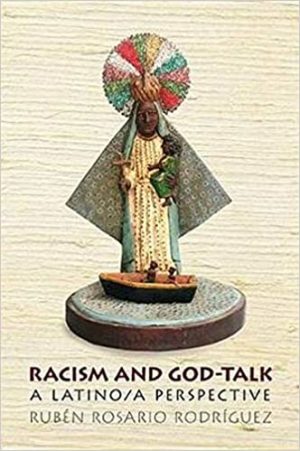Racism and God-Talk: Toward a Transcultural Theology
Team Members/Contributors
About this first book grant for scholars of color
The apostle Paul’s eschatological vision of a community in which distinctions of race, class, and gender are transcended in Christ (Gal. 3:27-28) serves as a normative statement for understanding Christian identity. Given Paul’s vision of God’s kingdom, how do we make sense of the central role given to race consciousness and ethnic particularity in many contemporary contextual theologies?
Exploring contemporary notions of race and identity I conclude: (1) race is not a valid descriptive category in the natural sciences, (2) race is a cultural construct inextricably linked to European colonial expansion, and (3) race has been embraced by marginalized and oppressed groups as a necessary descriptive category in order to adequately resist cultural and political white supremacy. While ethnocentrism becomes sinful when it makes a false idol of racial/ethnic particularity, the church’s response to racism must nonetheless embrace the liberating aspects of the “race consciousness” movement.
Employing U.S. Latino/a theology as a case study, I propose specific Christian practices that constitute the “marks” of a transcultural and racially inclusive church: (1) engaging in political activism to resist racism within the church and in the broader society, (2) embodying Christ’s “way of the cross” as adversarial politics, and (3) broadening our definition of community to recognize God’s liberating work wherever it occurs.
| Image | Title | Year | Type | Contributor(s) | Other Info |
|---|---|---|---|---|---|

|
Racism and God-Talk: A Latino/a Perspective | 2008 | Book |
Rubén Rosario-Rodríguez |